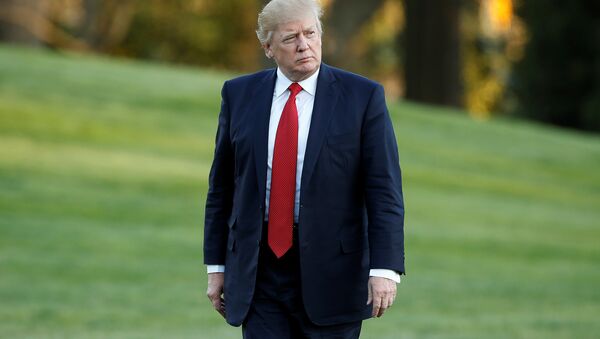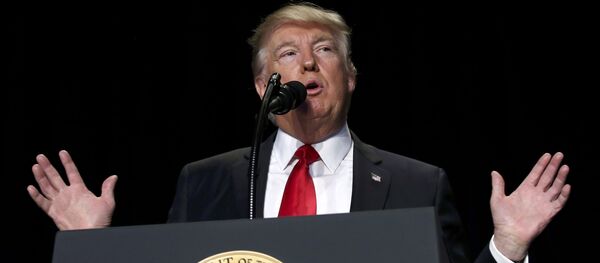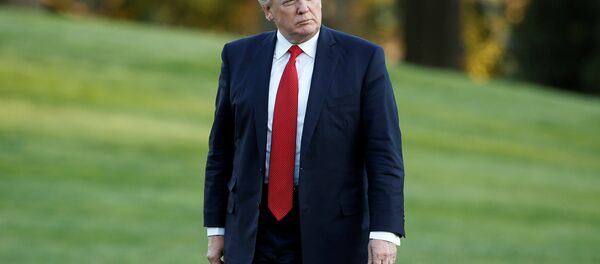"There has never been a systematic evaluation on what has been the impact of the WTO on the country as an integrated whole," Ross said on Friday.
Ross explained that the review, unlike other trade reviews during the first 100 days of Trump’s presidency, will focus on the agreements themselves and will be jointly conducted by the Commerce Department and Office of US Trade Representative Robert Lighthizer.
All of those countries are WTO members, Ross said, except for Germany and Ireland, which only negotiate trade agreements as part of the European Union, and South Korea, which has a separate bilateral trade agreement with the United States.
"The largest portion [of the US trade deficit] is with the countries that are covered by WTO rules instead of individual agreements," Ross added.
A major problem with current US trade policy and agreements, Ross remarked, is the United States being one of the least protectionist countries in the world for many years, which has enabled other countries with higher tariffs to have more leverage to negotiate free trade agreements.
"When they negotiate a FTA with another country they can give something important… by way of tariff relief," he explained.
A dispute resolution process that stacks the panels hearing disputes with countries who are doing the same thing as the countries being accused, which Ross called an "institutional bias on their part towards the exporters" at the expense of importers like the United States.
Despite the many WTO-related problems, Ross acknowledged it is necessary to have an arbiter for trade disputes and the question of whether the United States would withdraw from the WTO was not yet ripe for consideration since the review has yet to take place.






